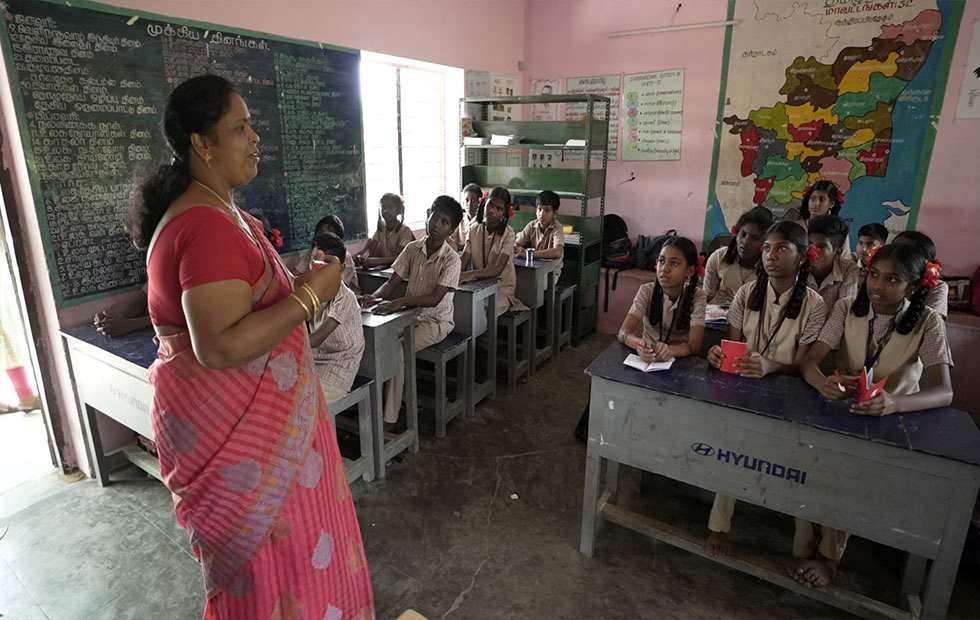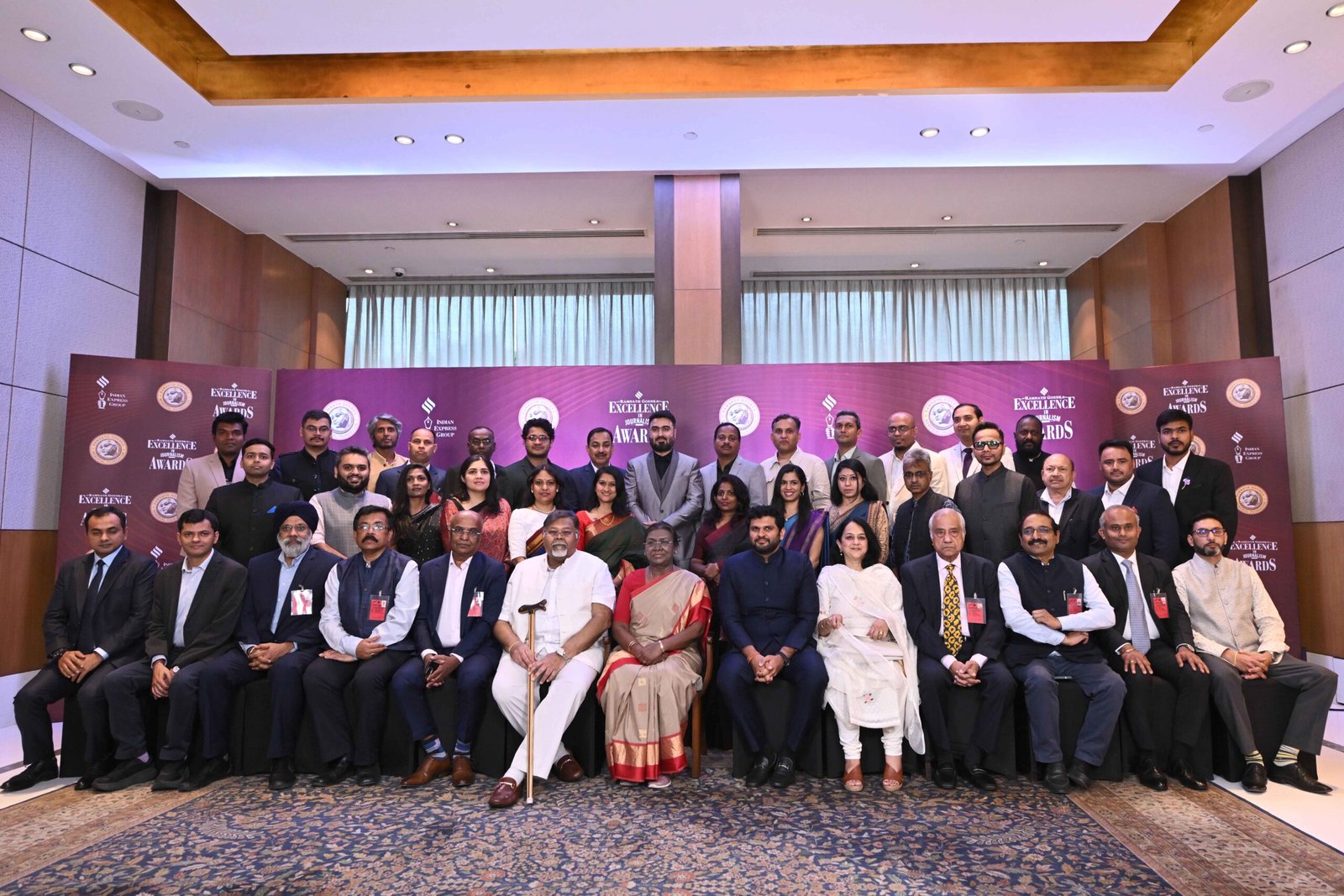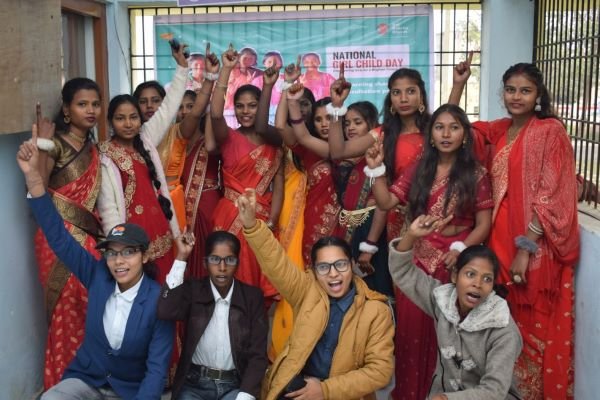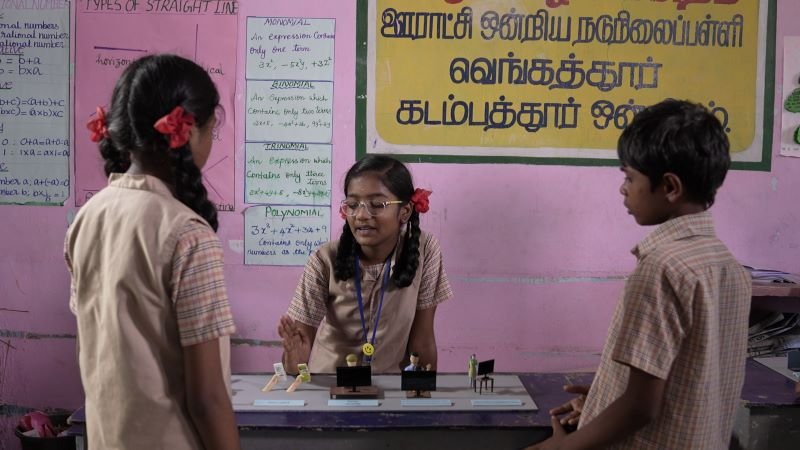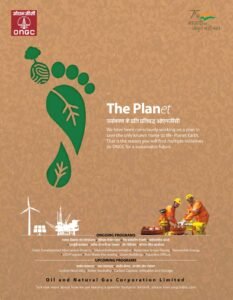
In recent years, the Indian government has implemented various programs aimed at empowering women by providing sustainable livelihood opportunities. These initiatives focus on enhancing skills, promoting entrepreneurship, and ensuring financial inclusion, thereby enabling women to contribute significantly to the nation’s economy.
National Rural Livelihoods Mission (NRLM)
Launched in 2011, the National Rural Livelihoods Mission (NRLM), also known as Aajeevika, aims to reduce poverty by enabling poor households to access gainful self-employment and skilled wage employment opportunities. The mission focuses on organizing rural women into Self-Help Groups (SHGs) and federating them at various levels to ensure their financial and social inclusion. As of 2017, NRLM had mobilized over 45 million women through SHGs, covering more than 40% of rural India.
Kudumbashree
Kudumbashree, meaning ‘prosperity of the family,’ is a poverty eradication and women empowerment program implemented by the Government of Kerala in 1998. It operates through a three-tier structure: Neighborhood Groups (NHGs) at the grassroots level, Area Development Societies (ADS) at the ward level, and Community Development Societies (CDS) at the panchayat level. Kudumbashree has been recognized as a National Resource Organization by the Ministry of Rural Development, Government of India, under the National Rural Livelihood Mission, to provide support to other states in their poverty eradication efforts.
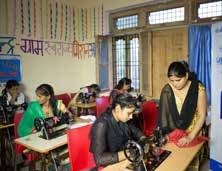
Subhadra Yojana
Introduced on September 17, 2024, Subhadra Yojana is a women-centric welfare scheme launched by the Government of Odisha. The program aims to empower women aged 21 to 60 years by providing direct financial assistance. Eligible women receive ₹10,000 annually in two installments of ₹5,000 each, disbursed on Raksha Bandhan and International Women’s Day.
The scheme intends to benefit over 10 million women across the state, promoting economic empowerment and financial independence.
Beti Bachao Beti Padhao (BBBP)
Initially launched to address the declining child sex ratio and promote the education of girl children, the Beti Bachao Beti Padhao scheme has expanded its scope to include the skilling of girls in non-traditional livelihood options. This expansion underscores the government’s commitment to promoting gender-inclusive education and employment opportunities, encouraging girls to pursue careers in various fields, including STEM (Science, Technology, Engineering, and Mathematics).
Digital Empowerment Foundation (DEF)
The Digital Empowerment Foundation (DEF) operates a wide network of 1,000 centers across India, digitally empowering girls and women to find livelihood opportunities. By promoting gender-equitable rural employment, DEF helps bridge the earnings gap between men and women, especially in rural areas. Empowering women leads not only to their betterment but also to the upliftment of their families and society at large.
Center for Catalyzing Change (C3)
Through its sustainable livelihood small grants program, the Center for Catalyzing Change (C3) supports community-based organizations that build and enhance the capabilities of girls and women. By providing job opportunities and reducing or eliminating chances of exploitation, C3’s strategies utilize locally available natural resources to enable sustainable development.
GlobalGiving Initiatives
GlobalGiving has been instrumental in empowering economically disadvantaged women in India through various projects. One such initiative connects 700 women with banks through Self-Help Groups (SHGs). These women receive training focusing on capacity building, life skills, entrepreneurship development, goat farming, organic manure production, and dairy farming. These efforts aim to boost self-confidence, promote livelihood growth, and foster empowerment among women.
Powering Livelihoods (PL) Program
The Powering Livelihoods (PL) program explores learnings, evidence, and recommendations on creating sustainable livelihood opportunities for rural women. By deploying gender-forward initiatives, the program aims to mainstream women in distributed renewable energy-powered livelihoods, thereby promoting sustainable development and economic empowerment.
The Indian government’s commitment to empowering women through sustainable livelihood programs is evident in the variety and scope of initiatives implemented across the country. By focusing on skill development, financial inclusion, and entrepreneurship, these programs aim to uplift women economically and socially, contributing to the nation’s overall development. Continued efforts in this direction are essential to ensure that women from all walks of life have the opportunity to lead empowered and fulfilling lives.


